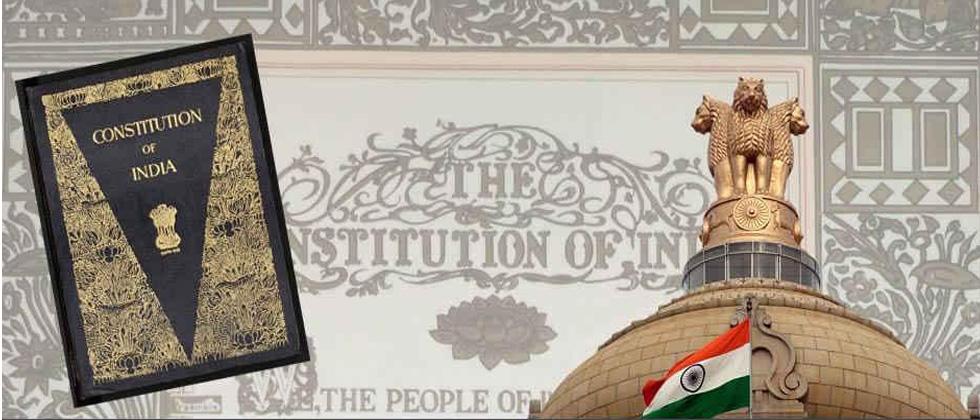The Karnataka High Court recently transferred a murder investigation against a powerful accused who was allegedly in a position to influence the police, to the Central Bureau of Investigation (CBI), while stressing on the importance of a fair trial [M Manjula v. State of Karnataka].
Justice M Nagaprasanna passed the order in a case where the family members of the deceased had claimed “shoddy investigation” by the police and a Special Investigation Team (SIT) constituted by a court.
“It is by now a well settled principle of law, judicially recognized, that fair trial includes, fair investigation and these form facets, inter alia of Article 20 and 21 of the Constitution of India,” the single-judge said.
The Court further noted that if the facts in a case demanded the transfer of investigation to an impartial agency, the same should be considered, in order to render complete justice and protection of human rights.
The wife of the deceased K Raghunath, who was closely related to late Lok Sabha Member of Parliament DK Adikesavalu, alleged that her husband was killed in 2019 over a property dispute with the children of Adikesavalu, arrayed as respondents in the case.
The police had allegedly refused to register the wife’s complaint, after which she lodged a private complaint. On the basis of this, an investigation was ordered, and a First Information Report (FIR) was registered.
The wife and her son were prompted to move the High Court on finding that the investigation remained incomplete. In 2021, the High Court ordered the constitution of an SIT to probe the case.
Subsequently, a three-member SIT submitted a ‘B’ report to the magistrate, who rejected the same and directed the Investigating Officer (IO) to conduct further investigation.
The petitioners then approached the High Court again, challenging the magistrate order and seeking a CBI probe into the matter.
The petitioners argued that the conduct of investigation by the SIT did not even inspire confidence in the magistrate before whom the ‘B’ report was filed. Further, it was contended that the magistrate could not direct further investigation, and that power lay only with the High Court.
The respondents submitted that the ‘B’ report was filed by the SIT pursuant to a herculean task conducted by the State, and this could not be brushed aside as done by the magistrate.
Moreover, it was argued that there was no reason to involve the CBI in matter, since the State police had performed its duty to the fullest.
The Court agreed with the petitioners, stating that another round of investigation by another SIT would be an exercise in futility.
The part of the magistrate’s order directing further investigation by the IO was also rendered as being without jurisdiction, with the Bench reasoning that a power of the superior court could not be exercised by the magistrate.
After examining several judgments on the issue of referring an investigation to the CBI, Justice Nagaprasanna acknowledged that the power must be used sparingly and only in exceptional circumstances.
“An investigation could be transferred to the CBI when it becomes imperative to retain public confidence in the impartial working of Investigating Agencies,” the judge further recorded.
It was found that in the contextual facts of the case, further investigation to unravel the truth was necessary.
“Elaborate lacunae are pointed out by the learned senior counsel with regard to the investigation conducted by the Special Investigating Team.”
With this, the investigation was transferred to the CBI.
Senior Advocate Hashmath Pasha and Advocate Nasir Ali represented the petitioner. Additional Advocate General Dhyan Chinnappa along with Advocate KP Yashodha represented the State, while Advocates S Mahesh and Pelikal K Arjun represented the accused. Advocate P Prasanna Kumar appeared for the CBI.
Source Link




